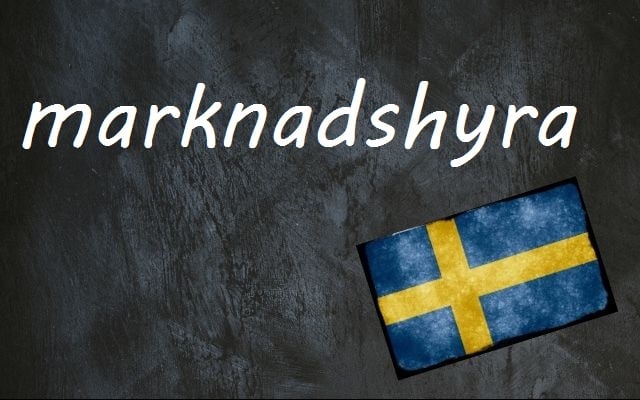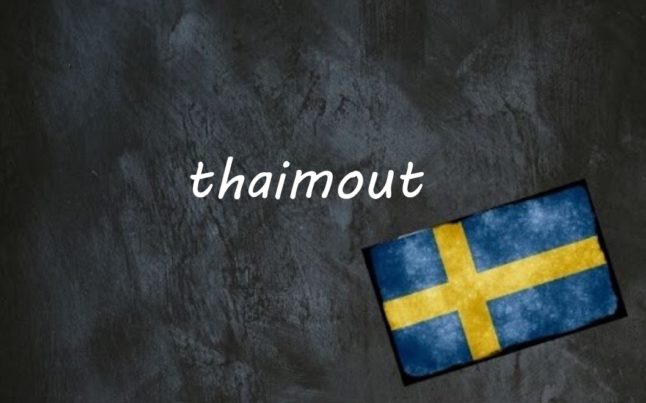Marknadshyra can be split into marknad (‘market’) and hyra (‘rent’).
Like in English, a marknad can be both a venue for buying and selling goods, or it can refer more generally to the market in an economic sense, for example arbetsmarknad (labour market) or marknadskrafter (market forces).
So marknadshyra means market rent: the system of setting rental prices based on the market, rather than keeping them regulated under a system of rent caps.
It’s a major talking point right now, due to an agreement the governing Social Democrats (reluctantly) made with the conservative Centre and Liberal parties to introduce market rents in Sweden. This would be a major shake-up to a rental market that is currently heavily regulated, but under proposals suggested following a government inquiry, it would only have applied to newly built apartments, constructed after 2022.
One of the planned changes is that location would play a bigger part in setting the price, so that housing in popular areas would go up in price. Rent would also rise each year in line with inflation.
As for why this move is so controversial, it’s because rent controls are a key pillar of Sweden’s social model. They were introduced by the Social Democrats after the Second World War and in theory they allow people on modest incomes to be able to live in city centres or wherever they choose.
The conservative parties that back the change say that market rents could stimulate the production of more housing, therefore solving the current housing shortage, but critics such as the Left Party and the Swedish Tenants’ Union (Hyresgästföreningen) say it will make renting more unaffordable, worsen protections for renters, and increase housing segregation.
Examples
Centerpartiet är för marknadshyror
The Centre Party is in favour of market rents
Marknadshyror kan betyda höjda hyror
Market rents could mean increased rental prices



 Please whitelist us to continue reading.
Please whitelist us to continue reading.
Member comments